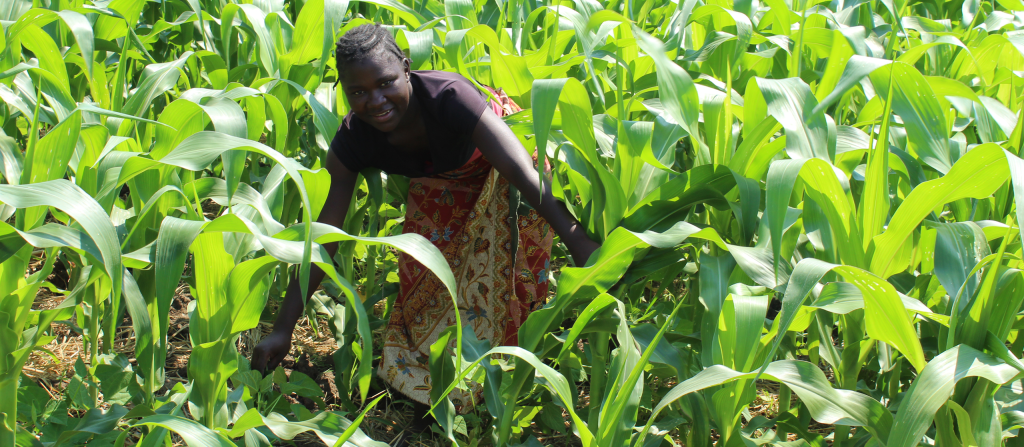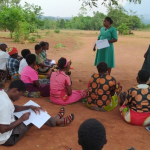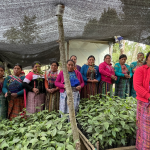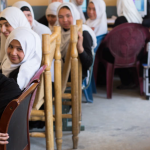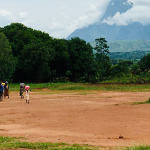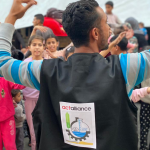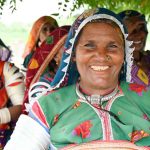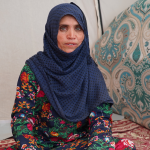By Kennedy Ngalawesa, Project Assistant at Churches Action for Relief and Development (CARD), Malawi
Balaka District, Malawi context
Malawi is situated in south-eastern Africa and the country’s geography creates specific climate zones throughout. In the North, temperatures are less extreme and the region generally enjoys more regular and plentiful rainfall. Conversely, the South is hotter and drier. This is where historical climate induced dry spell occurrence is the highest.
Balaka, a district in the southern region, is more affected by drought than many other parts of the country. Effective planting rains in Balaka are usually received from late November to mid-December. The rains are erratic, associated with prolonged dry weather condition and intense heat, both of which negatively affect germination and crop growth.
Impact
Dry spells result in too little water to support food crops through either natural precipitation or irrigation using reserve water supplies. Too little water for plants results in increased soil temperatures, leading smaller plants, delayed growth and lower yields. Limited soil moisture leaves plants unable to generate essential nutrients. In some cases this means that crops wilt permanently, a situation that leaves farmers with low yields from a large piece of land, frustrating all efforts that farmers put into their fields.
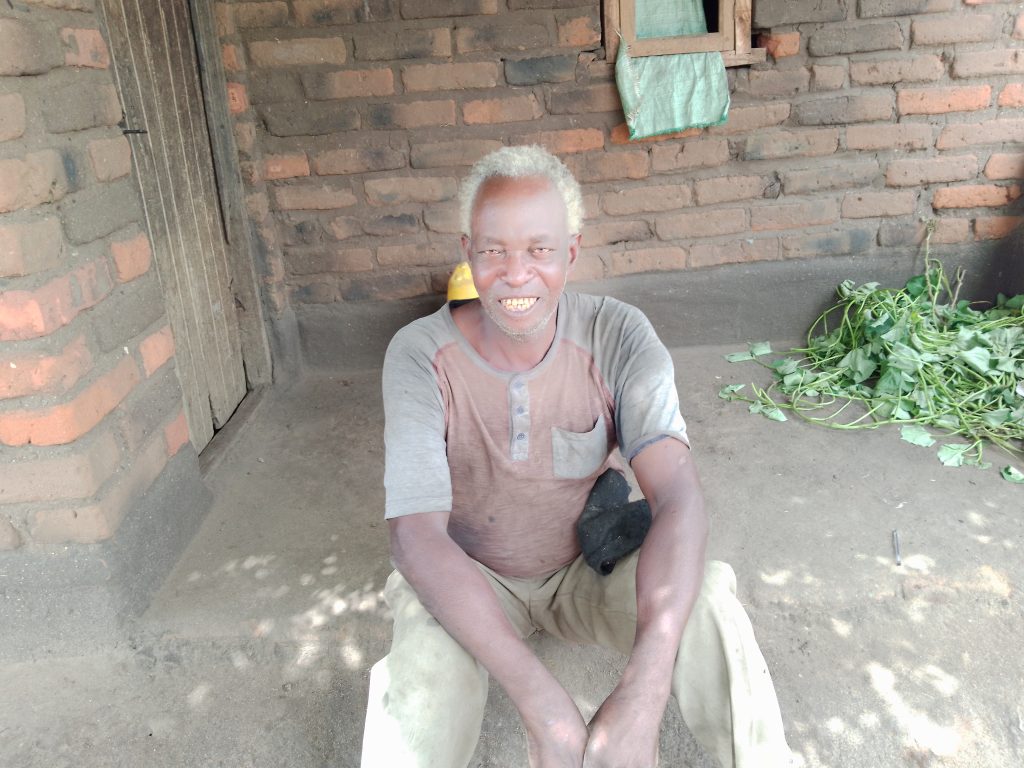
With so many households reliant on agricultural production to meet their daily needs, this situation is not sustainable. Some farmers are only left with enough food for household consumption, with no surplus to sale for income, exacerbating poverty. Additionally, without income from cash crops, access to a balanced, nutritious diet becomes a challenge that eventually leads to rising cases of malnutrition.
Changes
Looking into the distance, where he can see the next village, Dyson Mwamadi reflects, “Ten years ago we used to receive good rains because there were more trees—so many that we could not see that village over there. But all those trees were cut down to make charcoal. Rainfall is more erratic and stops earlier, before crops have matured.”
Climate change issues have changed rainfall and planting patterns. Because of limited avenues to generate income, communities have opted to cut down trees for charcoal production. The charcoal—a common means of cooking energy in Malawi—is sold to generate a small amount of funds.
Population growth has also meant that trees have been cut down to open up new farms. The area, which used to have thick forest, is now bare, with only patches of trees and tree stumps. Gullies have formed due to poor ground soil cover, resulting in the erosion of topsoil and leaving soil nutrients exhausted.
Supplementary fertilizer becomes essential then to ensure crops grow, as illustrated by Dyson Mwamadi. “Ten to 15 years ago, I was not applying fertilizers in my crops because my field was very fertile, and I was harvesting 20 to 25 bags of maize on a one-acre field. But now, the fertile topsoil has been washed away and I harvest 15 to 17 bags of maize on the same piece of land,” he shares.
Response
Responding to dry spells cannot be overemphasized. The Strengthening Production and Marketing Capacity of Small-holder Farmers project is responding with both immediate and long-term actions. The project engages 750 participants in water, soil, and environmental conservation in several ways, with a consistent focus on sustainability beyond the lifespan of the project.
Communities receiving training in conservation agriculture, which fosters resilience to climate change. This technique uses ‘climate smart’ agriculture initiatives that focus on minimum soil disturbance to reduce soil erosion and promotes soil cover with crop residues for moisture retention. Soil condition is improved by planting diversified crops that include nitrogen fixing plants. The project is also helping to plant trees and establish forests through natural regeneration of trees.
Participants also receive fast maturing and drought tolerant varieties of crops (for example, sorghum) to ensure that families will have something to harvest even if rainfall is inadequate. Seeds for high valued crops are also provided to further diversify income streams. Training on how to market the crops is provided. To address the significant water concerns in Balaka, the project is supporting existing irrigation schemes with equipment like water distribution pipes and mini-irrigation drip kits.
Capacity building in communities has helped develop a sense of responsibility for environmental conservation by establishing initiatives that require minimal external support. Because of this, people are adopting climate smart agriculture and shifting away from conventional farming. As a result, participants have higher crop yields, a source of income and a better diet.
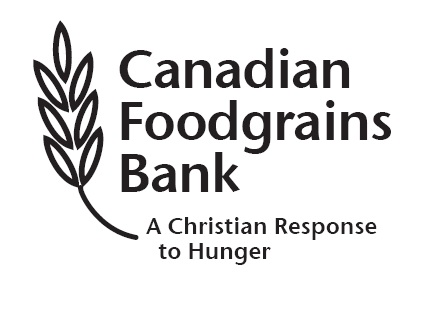
*This project receives support from PWS&D and Canadian Foodgrains Bank.
This story was first printed in the Spring 2023 issue of Presbyterian Connection newspaper.
